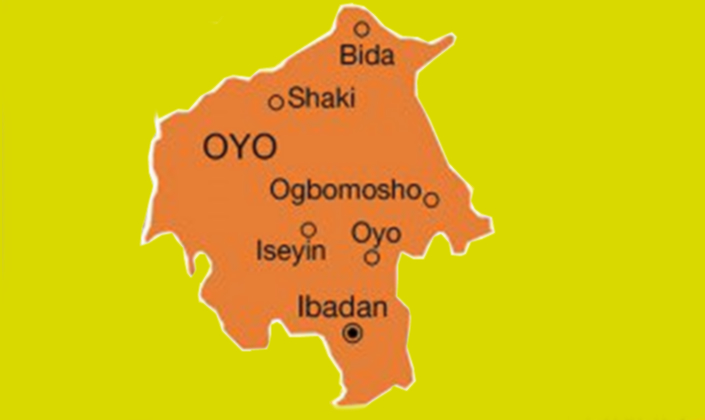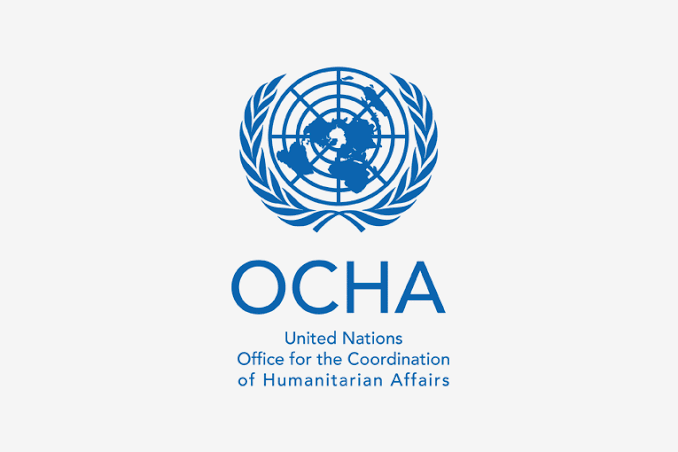Feature
Nigeria calls for stronger commitment in tackling NCDs

The Federal Government of Nigeria has urged for increased political will, enhanced funding, and stronger multi-sectoral collaboration in addressing the escalating burden of Non-Communicable Diseases (NCDs) across Africa.
Minister of State for Health and Social Welfare, Dr Iziaq Adekunle Salako, made this appeal during the 2nd International Conference on PEN-Plus in Africa (ICPPA 2025), held in Abuja. The conference, themed “Advancing Implementation of PEN-Plus for Severe NCDs in Africa: Technical Innovations, Operational Insights, and Scalable Solutions”, brought together global and regional health stakeholders.
Citing national data, Dr Salako revealed that NCDs account for nearly 30 per cent of deaths in Nigeria, with most fatalities occurring among individuals aged 30 to 69 years.
“The burden of NCDs in Africa now exceeds the global average. Alarmingly, many affected individuals are unaware of their condition until it is too late. This conference must serve as a wake-up call for urgent, collective action,” he stated.
To address the crisis, Dr Salako noted that the government has launched a National Policy and Strategic Plan of Action for NCD Prevention and Control, alongside the Nigeria Essential Package of NCDs (N-PEN), which is currently being implemented in primary healthcare centres (PHCs) nationwide.
“N-PEN has enabled the deployment of trained personnel, medical equipment, and essential medications to PHCs. Building on this foundation, we are now piloting the PEN-Plus strategy in secondary healthcare facilities, with support from the World Health Organization (WHO),” he explained.
The PEN-Plus initiative is designed to improve care for children and young adults suffering from severe NCDs and aligns with President Bola Ahmed Tinubu’s Renewed Hope Agenda, which prioritises the health of Nigerians as a fundamental right.
Speaking at the event, Acting Director for Communicable and Non-Communicable Diseases at the WHO Regional Office for Africa, Dr Akpaka Kalu, emphasised the importance of early detection, healthy lifestyles, and decentralised healthcare delivery in combating NCDs across the continent.
“Life-saving interventions start with early diagnosis. We must embrace healthier diets, regular physical activity, routine blood pressure monitoring, and consistent medical check-ups. Early detection is key,” Dr Kalu said.
He stressed that health interventions must begin at the primary level rather than being delayed until patients reach specialised or tertiary hospitals.
“We cannot afford to wait for access to tertiary care. Quality NCD treatment must be readily available at the grassroots. That is our best chance of survival,” he added.
According to Dr Kalu, 20 African countries are currently implementing the PEN-Plus model, which is already delivering significant results in grassroots health service delivery.
He further noted that through task-shifting, structured training, and sustained support for health workers, conditions previously considered unmanageable are now being treated successfully at the community level.
Also speaking, the Acting WHO Country Representative, Dr Alex Gasasira, reaffirmed the organisation’s commitment to strengthening Nigeria’s healthcare system through strategic partnerships and technical expertise.
“PEN-Plus is more than a policy framework – it is a lifeline. It offers scalable, practical solutions to address the growing burden of non-communicable diseases across Africa,” he asserted.
-

 News2 hours ago
News2 hours agoOpposition Reps raise alarm over alleged non-implementation of 2025 budget
-

 Business2 hours ago
Business2 hours agoCurrency outside Banks rises 10.2% as money supply expands
-

 World News2 hours ago
World News2 hours agoNigeria’s exports to Africa hits N4.82trn
-

 National News2 hours ago
National News2 hours agoClean Energy key to survival, healthy living — Remi Tinubu
-

 Metro2 hours ago
Metro2 hours agoPolice Inspector killed as officers rescue kidnap victim in Oyo


















